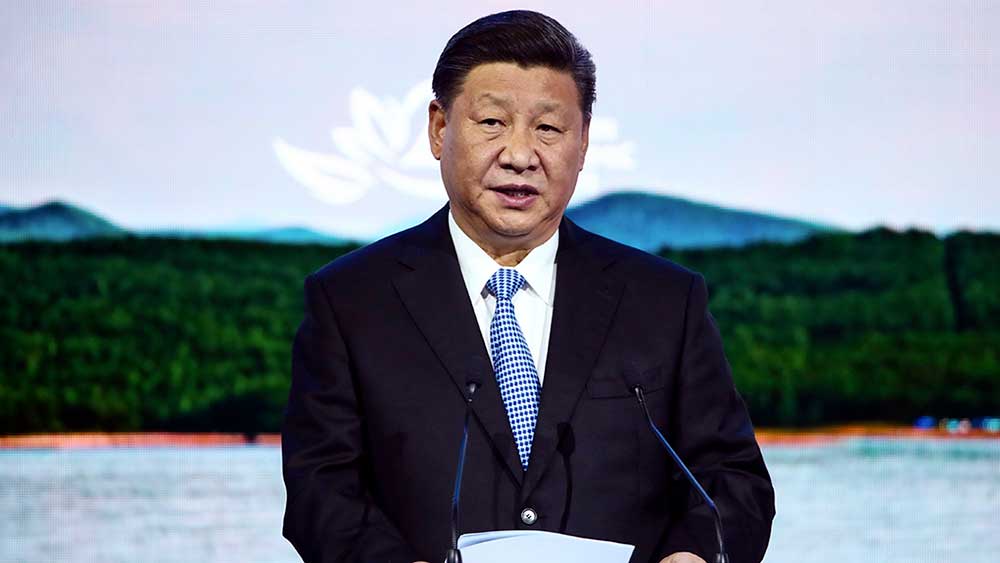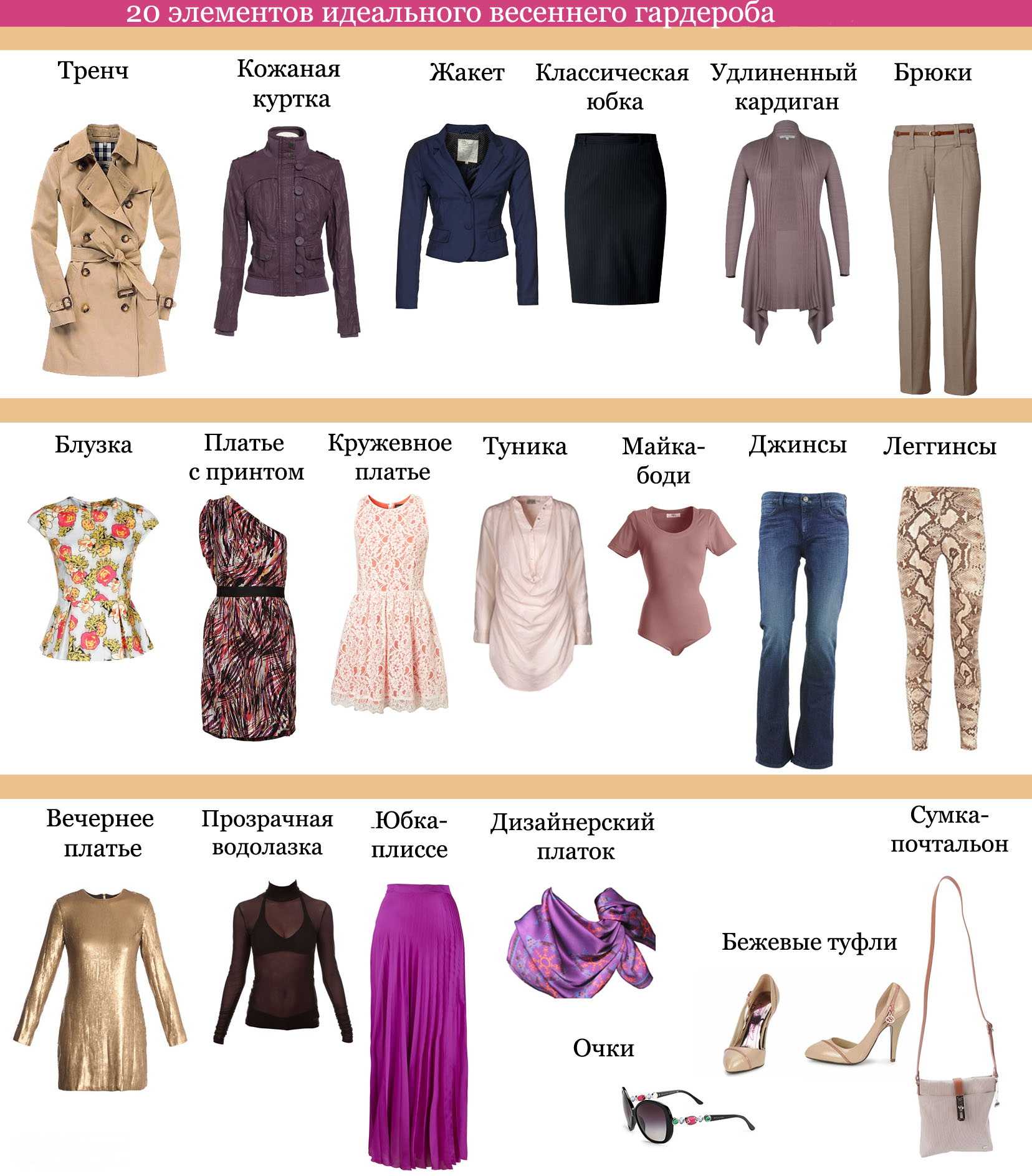Trump Administration Seeks Tariff Reductions And Rare Earth Relief From China

Table of Contents
Tariff Reductions: A Strategy of Negotiation and Pressure
The Trump administration employed tariffs as a powerful bargaining chip in its negotiations with China, aiming to secure lower tariffs on US goods exported to China. This strategy was deeply intertwined with other trade agreements, such as the United States-Mexico-Canada Agreement (USMCA), and the broader objective of narrowing the substantial US trade deficit with China. The administration's approach involved a blend of negotiation and pressure, leveraging the threat of further trade sanctions to incentivize concessions from Beijing.
- Negotiations focused on reducing tariffs on a wide range of goods: This included agricultural products, manufactured goods, and other key US exports vital to various sectors of the American economy. Specific sectors targeted often reflected political considerations and the needs of key voting blocs.
- The "Phase One" trade deal marked a partial success: This agreement resulted in some tariff reductions, but it fell short of addressing all the administration's concerns regarding bilateral trade imbalances and unfair trade practices. The deal's long-term effectiveness remained a subject of intense debate.
- The threat of further tariffs remained a key element of the administration's strategy: The administration consistently used the potential imposition of additional tariffs as leverage during negotiations, aiming to pressure China into making further concessions on various trade-related issues. This tactic's effectiveness remained a point of contention among economists and trade experts.
- Tariff reduction negotiations were closely tied to broader economic and geopolitical goals: The administration sought to leverage improvements in bilateral trade to achieve larger strategic objectives, including addressing national security concerns and projecting American economic strength on the world stage.
Rare Earth Relief: Addressing National Security Concerns
China's near-monopoly on the production of rare earth minerals presented a significant national security concern for the US. These minerals are critical components in a wide array of high-tech applications, including defense systems, smartphones, and electric vehicles. The Trump administration recognized the vulnerability created by over-reliance on China for these essential materials and actively sought to diversify the supply chain.
- Rare earth elements are indispensable for modern technologies: Their strategic importance in defense and civilian technologies underscored the need to secure reliable and diverse sources beyond China's control. This dependence highlighted a significant vulnerability in the US supply chain.
- The administration pursued various initiatives to boost domestic rare earth production: This included exploring government incentives, subsidies, and tax breaks designed to stimulate investment in domestic mining and processing operations. The aim was to revitalize the US rare earth sector.
- Strengthening partnerships with other countries was a key component of the strategy: The administration actively worked to establish new relationships and fortify existing alliances to secure alternative sources of rare earth minerals. This effort focused on countries with resources and the willingness to cooperate with the US.
- The long-term objective was to reduce US dependence on China: This involved a multi-pronged approach encompassing domestic production increases, international partnerships, and strategic stockpiling of rare earth minerals. The ultimate aim was to mitigate geopolitical risks associated with relying heavily on a single supplier.
The Interplay Between Tariff Reductions and Rare Earth Relief
The Trump administration's pursuit of tariff reductions and rare earth relief were not mutually exclusive but rather intertwined strategies. Success in one area could significantly influence the outcome in the other, creating a complex dynamic in US-China relations. The administration had to carefully balance its economic interests with its crucial national security concerns.
- Tariff reductions served as leverage in negotiations on rare earth access: The administration might have used the threat of further tariffs or the promise of tariff reductions to secure concessions from China regarding access to rare earth minerals or more favorable trade terms.
- Conversely, national security concerns related to rare earth dependence influenced the administration's negotiating stance on tariffs: The administration may have been more willing to compromise on certain tariff issues if it could secure more reliable access to rare earth minerals. This highlights the inherent strategic interdependence between these two issues.
- The overall success of the administration's strategy hinged on a nuanced understanding of this interconnectedness: A failure to appreciate the complex interplay between economic and national security considerations could have undermined the effectiveness of both the tariff reduction and rare earth relief efforts.
Conclusion
The Trump administration's attempt to simultaneously achieve tariff reductions and secure rare earth relief from China exemplified the inherent complexities of managing US-China relations. The strategies employed, although intricately linked, aimed to address significant trade imbalances and mitigate critical national security vulnerabilities. While some progress was made, the long-term effects of these policies continue to be analyzed and debated among economists and political scientists. The legacy of these actions remains a subject of ongoing research and discussion.
Call to Action: Understanding the complexities of the Trump administration's approach to China tariffs and its pursuit of rare earth relief is paramount for analyzing the current state and future trajectory of US-China trade relations. Further in-depth research into the specific outcomes of these policies and their broader geopolitical implications is crucial for a complete understanding of this pivotal period in international relations.

Featured Posts
-
 Bochum And Holstein Kiels Bundesliga Relegation Leipzigs Champions League Failure
May 12, 2025
Bochum And Holstein Kiels Bundesliga Relegation Leipzigs Champions League Failure
May 12, 2025 -
 Sylvester Stallones Action Thriller Armor Now Streaming Free This Month
May 12, 2025
Sylvester Stallones Action Thriller Armor Now Streaming Free This Month
May 12, 2025 -
 Tam Krwz Ky Nyy Mhbt 36 Salh Adakarh Ke Sath Rshth
May 12, 2025
Tam Krwz Ky Nyy Mhbt 36 Salh Adakarh Ke Sath Rshth
May 12, 2025 -
 Tramp I Dzhonson Raznye Vzglyady Na Politicheskuyu Situatsiyu V Ukraine
May 12, 2025
Tramp I Dzhonson Raznye Vzglyady Na Politicheskuyu Situatsiyu V Ukraine
May 12, 2025 -
 The Yankees Lineup Shuffle Where Will Aaron Judge Bat
May 12, 2025
The Yankees Lineup Shuffle Where Will Aaron Judge Bat
May 12, 2025
